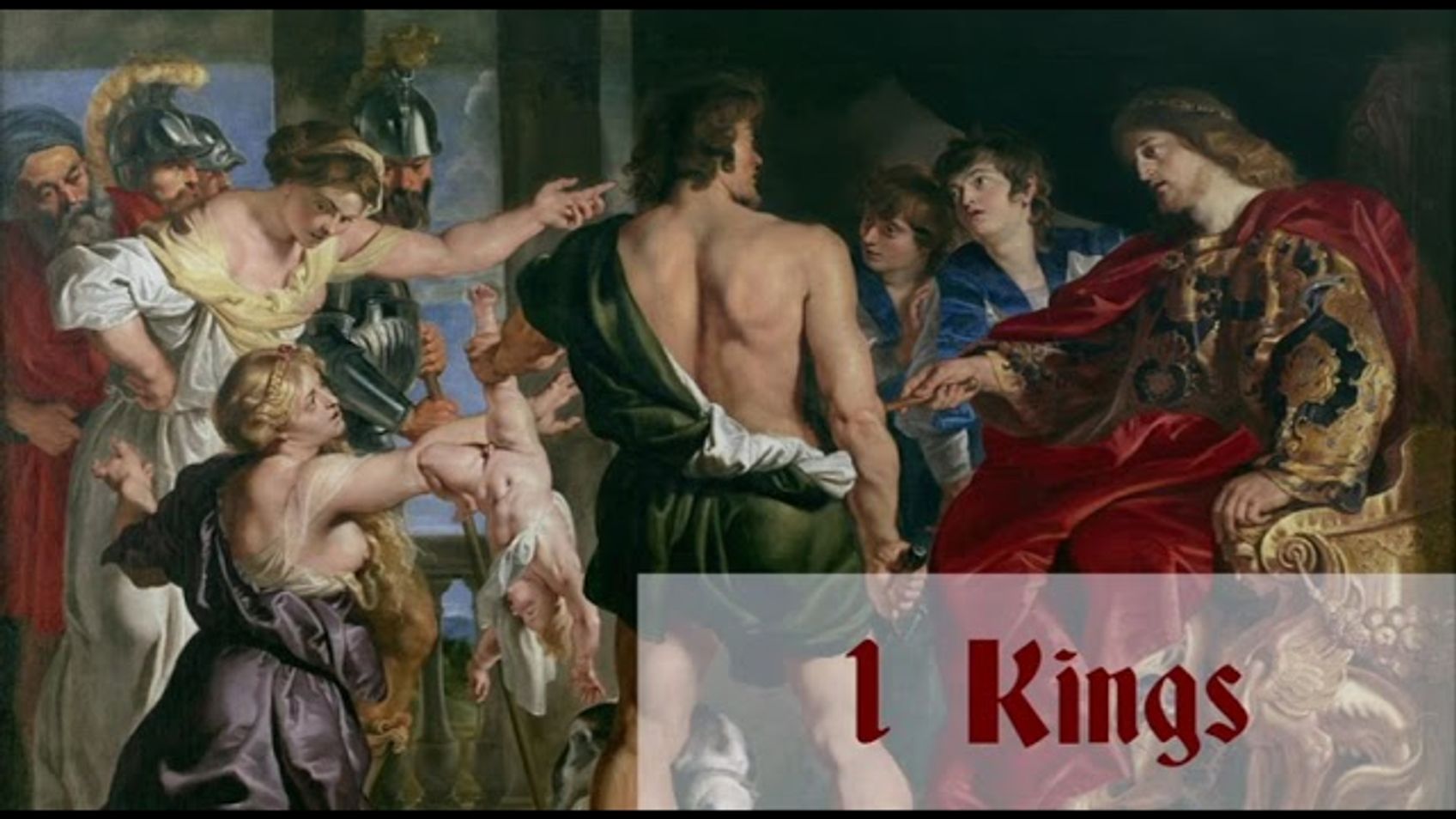1 Kings: Chapter-by-Chapter Commentary

*CONTENTS*
00:00:00 - Chapter 1: Solomon Anointed King
00:08:07 - Chapter 2: Solomon Establishes His Rule
00:18:33 - Chapter 3: Solomon Asks for Wisdom
00:29:19 - Chapter 4: Solomon's Wealth and Wisdom
00:35:52 - Chapter 5: Solomon Prepares to Build the Temple
00:43:15 - Chapter 6: Building the Temple
00:50:00 - Chapter 7: Building the Palace
00:58:46 - Chapter 8: Dedication of the Temple
01:14:39 - Chapter 9: The Lord Warns Solomon
01:21:46 - Chapter 10: The Visit of the Queen of Sheba
01:30:13 - Chapter 11: Solomon Turns from the Lord
01:39:13 - Chapter 12: Rehoboam and the Division of the Kingdom
01:46:03 - Chapter 13: The Man of God from Judah and the Old Prophet from Bethel
01:56:15 - Chapter 14: Prophecy Against Jeroboam
02:01:30 - Chapter 15: Abijam and Asa in Judah; Nadab and Baasha in Israel
02:07:42 - Chapter 16: Baasha, Elah, Zimri, Omri, and Ahab in Israel
02:15:32 - Chapter 17: Elijah Declares the Drought
02:23:42 - Chapter 18: The Confrontation with the Prophets of Baal at Mount Carmel
02:32:48 - Chapter 19: Elijah Flees to Mount Horeb
02:41:39 - Chapter 20: Ahab at War
02:49:38 - Chapter 21: Naboth's Vineyard
02:58:44 - Chapter 22: Ahab Dies in Battle
If you have enjoyed my videos and podcasts, please tell your friends. If you are interested in supporting my videos and podcasts and my research more generally, please consider supporting my work on Patreon (https://www.patreon.com/zugzwanged), using my PayPal account (https://bit.ly/2RLaUcB), or by buying books for my research on Amazon (https://www.amazon.co.uk/hz/wishlist/ls/36WVSWCK4X33O?ref_=wl_share).
The audio of all of my videos is available on my Soundcloud account: https://soundcloud.com/alastairadversaria. You can also listen to the audio of these episodes on iTunes: https://itunes.apple.com/gb/podcast/alastairs-adversaria/id1416351035?mt=2.
More From Alastair Roberts
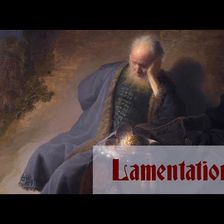
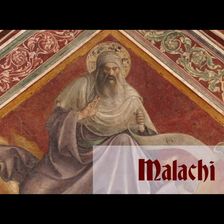
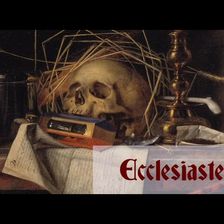
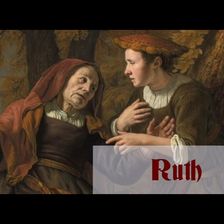
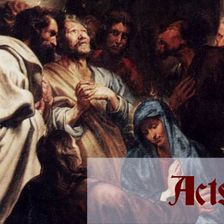
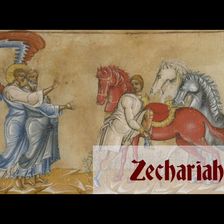
More on OpenTheo















